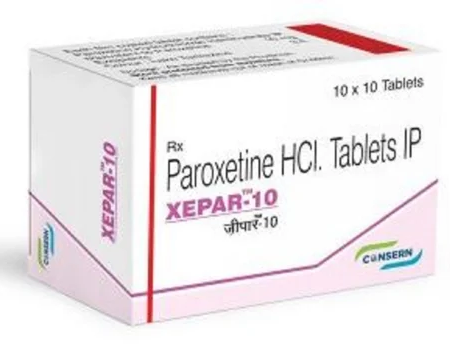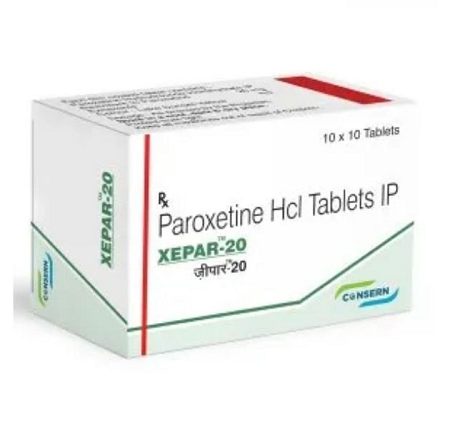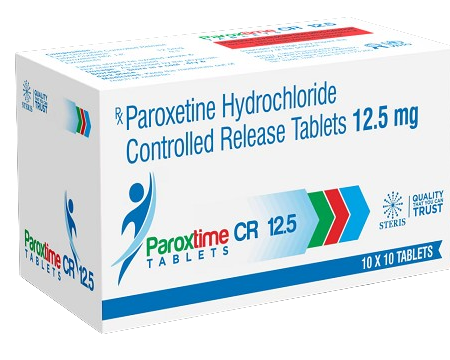Elavil (Amitriptyline) is used to treat symptoms of depression. Amitriptyline is in a class of medications called tricyclic antidepressants. It works by increasing the amounts of certain natural substances in the brain that are needed to maintain mental balance. it’s used to treat chronic neuropathic pain (pain due to nerve damage).
Side Effects:
Amitriptyline may cause some people to be agitated, irritable, or display other abnormal behaviors. It may also cause some people to have suicidal thoughts and tendencies or to become more depressed. If you or your caregiver notice any of these adverse effects, tell your doctor right away.
A side effect is considered serious if the result is: death; life-threatening; hospitalization; disability or permanent damage; or exposure prior to conception or during pregnancy caused birth defect. increase or decrease the dose (amount) of a drug that you take.
Common amitriptyline side effects:
Common amitriptyline side effects may include dry mouth, vision changes, sleepiness (sedation), tiredness, appetite or weight changes, constipation, diarrhea, nausea, vomiting, upset stomach, mouth pain, unusual taste, black tongue, urinating less than usual, breast swelling (in men or women), lower sex drive, impotence, or difficulty having an orgasm.
Serious amitriptyline side effects:
Allergic reactions: Get emergency medical help if you have signs of an allergic reaction to amitriptyline, including difficulty breathing, hives, or swelling of your face, lips, tongue, or throat.
Report any new or worsening symptoms to your doctor, such as mood or behavior changes, anxiety, panic attacks, trouble sleeping, or if you feel impulsive, irritable, agitated, hostile, aggressive, restless, hyperactive (mentally or physically), more depressed, or have thoughts about suicide or hurting yourself.
Call your doctor at once if you have:
-
signs of a blood clot – sudden numbness or weakness, problems with vision or speech, swelling or redness in an arm or leg;
-
unusual thoughts or behavior;
-
a light-headed feeling, like you might pass out;
-
chest pain or pressure, pain spreading to your jaw or shoulder, nausea, sweating;
-
pounding heartbeats or fluttering in your chest;
-
confusion, hallucinations;
-
a seizure (convulsions);
-
painful or difficult urination;
-
severe constipation;
-
easy bruising, unusual bleeding, or
-
fever, chills, sore throat, mouth sores.























Reviews
There are no reviews yet.